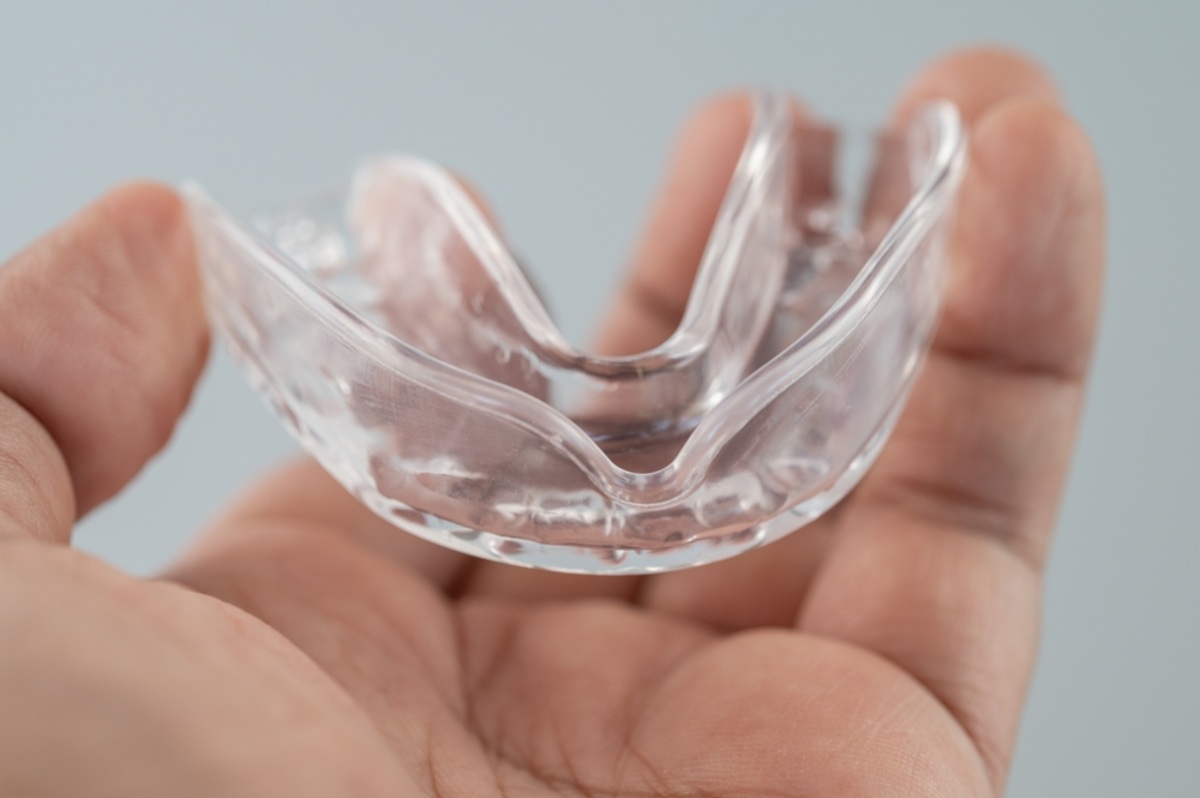
Imagine taking a hit during a game or grinding your teeth in your sleep, only to realize later that a single moment caused a chipped tooth or jaw pain, and such small moments can lead to long-term dental damage. It’s easy to ignore protection until it’s too late.
If you or your child is active in sports or is experiencing night grinding, then the fear would probably make you anxious about how expensive these dental injuries can be.
Getting a mouth guard in Spruce Grove is one of the smartest steps you can take to protect your teeth before damage occurs and not after.
What Are Mouth Guards and Why Do They Matter?
Mouth guards are protective appliances that fit over your teeth to prevent injury or damage. Mouth guards can be used for contact sports, for protection during sleep, and to prevent crushed jaw problems, and when used correctly, they can act to prevent dental trauma.
Without your mouth guard, you are leaving your teeth, tongue, lips and jaw unprotected from any impact, pressure or grinding action. You may experience broken teeth, bleeding and/or TMJ problems from as little as a slip as your back tooth hitting a wall.
Different Types of Mouth Guards
| Type of Mouth Guard | Description | Pros | Cons |
| Stock Mouth Guards | Pre-formed and ready to wear. | Affordable, easily available | Poor fit, uncomfortable |
| Boil-and-Bite Mouth Guards | Softened in hot water and moulded to teeth. | Better fit than stock guards, inexpensive | May not last long, still bulky |
| Custom-Fitted Mouth Guards | Made by a dental professional for a personalized fit. | Maximum comfort and protection | Higher cost, requires a dental visit |
When Should You Wear a Mouth Guard?
Understanding when to use a mouth guard is just as important as choosing the right type. Mouth guards are not only for athletes; they serve a range of protective purposes in different situations.
- During Sports Activities: Especially in contact sports like football, hockey, boxing, and even basketball, wearing a mouth guard helps prevent broken teeth, jaw injuries, and lip lacerations.
- At Night (Bruxism Protection): People who grind or clench their teeth while sleeping can wear mouth guards to prevent tooth wear, fractures, or TMJ pain.
- Post-Dental Work: After procedures like crowns, implants, or orthodontic treatment, temporary protection may be needed to preserve the results.
Wearing a mouth guard at the right time can reduce long-term dental costs and protect both your teeth and soft tissues from unnecessary trauma.
What Are the Benefits of Mouth Guards?
The benefits of mouth guards go beyond just avoiding chipped teeth. They also:
- Help reduce the risk of tooth loss during contact sports
- Prevent jaw injuries and soft tissue cuts
- Decrease the chance of concussions in sports by absorbing shock
- Protect dental work like crowns or braces
- Alleviate symptoms of teeth grinding or clenching during sleep
- Improve focus during sports by reducing the fear of injury
Wearing a mouth guard creates a strong defence barrier between your teeth and external forces, saving you from painful injuries and expensive repairs.
How Mouth Guards Protect Teeth
They act like a cushion that absorbs and spreads out the force of a blow or impact. Instead of a concentrated force that could crack a tooth or injure the jaw, the energy is absorbed across the entire mouth guard.
In cases of bruxism (teeth grinding), mouth guards reduce the pressure placed on the enamel, preventing excessive wear and damage over time.
For people with braces, specially designed guards also protect the soft tissues of the lips and cheeks from being cut by brackets during sports or sleep.
Custom vs Over-the-Counter Mouth Guards
A major decision is choosing between custom vs. over-the-counter mouth guards.
Custom mouth guards are built to fit your unique bite. They offer optimal comfort, better airflow, and superior protection.
Over-the-counter options, like boil-and-bite or stock guards, may be more affordable upfront but often lack proper fit and durability.
While OTC guards might suffice for temporary use, custom guards are better for long-term protection, especially for athletes or people with night grinding habits. Check with your dentist in Spruce Grove before choosing your option.
What Are Your Mouth Guard Options?
In modern days like today, there are variety of mouthguard options available than ever. Choose the one that fits your needs and wants. Depending on your needs, you can find
- Sports mouth guards for athletes
- Night guards for bruxism or TMJ
- Guards for orthodontic patients
- Dual-purpose guards that offer both protection and comfort
Discussing your specific situation with a dentist near you will help identify the best fit and type based on your oral condition and lifestyle.
What’s the Best Mouth Guard for Sports?
When it comes to athletes, choosing the best mouth guard for sports is essential. Look for:
- Durability: Should withstand intense impact
- Comfort: Should not interfere with breathing or speaking
- Fit: Should stay securely in place during movement
Custom mouth guards check all of these boxes and are widely preferred by dental professionals for active sports participants. They provide high-level protection without compromising on performance.
Wrapping Up!
Ignoring the need for a proper mouth guard can lead to costly injuries and long-term dental issues. A moment of impact, a night of grinding, these can do more damage than you might think.
Teeth Don’t Heal Like Bones Do
Whether for sports or sleep, mouth guards are more than accessories; they’re essential protection tools. Choosing the right one today can prevent pain, procedures, and permanent damage tomorrow.
Book a consultation at Blossom Family Dental to protect your smile before it’s too late.
